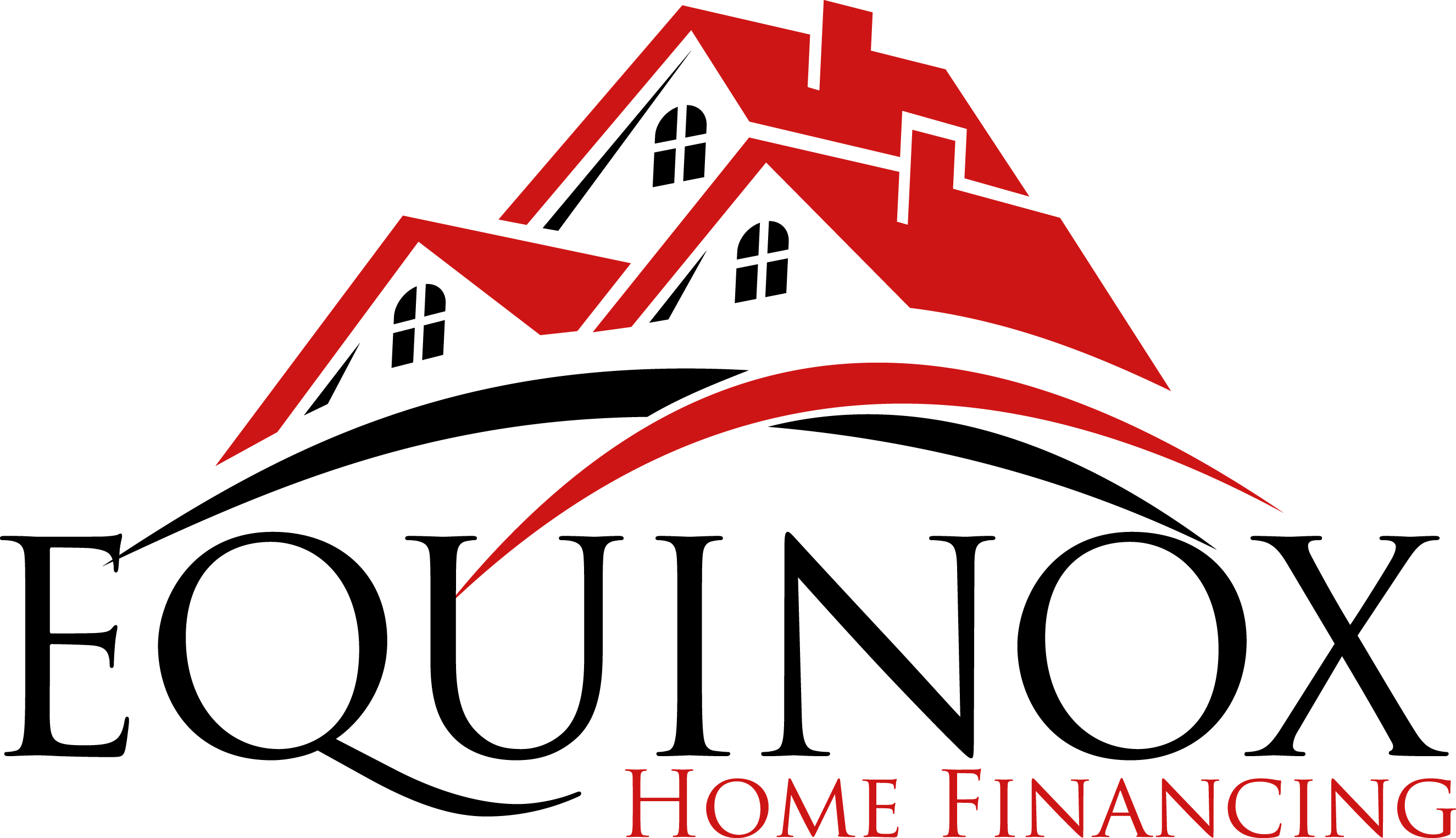What is a CPA Profit & Loss Loan?
The Need for CPA Profit & Loss Loans
If you work for yourself, you know there’s an enormous benefit come tax time: deductions. But that big plus that lowers your tax burden can be a minus, making your net income appear smaller on paper. And so, using traditional income verification methods with tax returns, or W2s, lenders might conclude you can’t afford a home loan. When, in reality, you can prove your creditworthiness with information from a certified public accountant (CPA).
With a CPA Profit & Loss loan, mortgage professionals consider profit-and-loss statements from a CPA. This accountant-prepared documentation is usually far more comprehensive than simple tax information, showing the detailed revenue, costs, and expenses of a business over the past two (or more) years. A CPA can offer a true, verifiable picture of your financial situation.
APPLY NOW
Who can benefit from a CPA Profit & Loss loan?
Almost anyone who is not a salaried employee. Anyone who generates non-traditional income. This includes business owners, seasonal workers, commission-based earners who file 1099s, freelancers, independent contractors, gig economy workers, and others. If a CPA handles your work finances, a CPA Profit & Loss loan might be for you.
Available for FHA Loans
This is a big deal. Especially for first-timers – about 85% of borrowers who take advantage of FHA loans are first-time home buyers. Using CPA verification to approve FHA loans is a novel approach with benefits that can’t be understated.
Why are FHA loans so popular? Down payments, for one. With an FHA loan, borrowers can put down as little as 3.5% of the home’s purchase price – money that can come from family or friends as a gift. Cash reserves are another. Unlike some loan types, FHA loans usually don’t require cash in the bank to cover 12 months of mortgage payments. FHA loans can have lenient debt-to-income (DTI) ratio prerequisites, and because they’re backed by the U.S. government, they’re considered less risky than other loan types. That often means better loan terms and lower interest rates.
What do you need to qualify for a CPA Profit & Loss loan?
- A CPA letter. Your accountant will draft a letter verifying your self-employment or business ownership for the past two years, with comprehensive profit-and-loss statements for that business. This is true whether you are a full or a partial business owner.
- Credit score. A minimum of 620 is usually the threshold, and higher is better, though there might be flexibility given other financial factors.
- DTI. While there’s no exact debt-to-income ratio required, mortgage professionals usually like to see a DTI of under 45%. As with most home loans, 43% DTI can be a ceiling in qualifying for a mortgage.
- Down payment. The FHA option aside, it’s possible that a CPA Profit & Loss mortgage will require the same down payment as other mortgage types. This could mean you will have to put 20% or more down, which may result in savings in the long run. Usually, 20% down means you don’t have to pay for private mortgage insurance (PMI).
- Cash reserves. While not always required, it can be the case that mortgage professionals want borrowers to have up to a year’s worth of mortgage payments in the bank.
- Location. Continually expanding to new areas, the loan is currently available in five states: Arizona, California, Colorado, Texas, and Florida.
The Pros and Cons of a CPA Profit & Loss Loan
Some benefits include:
- Eligibility. CPA Profit & Loss loans can offer paths to homeownership that wouldn’t otherwise exist, giving new opportunities to folks who can afford home loans but may have been turned down in the past. Now, they can prove creditworthiness.
- Choice of terms. To get the best interest rate, you may choose five-year adjustable-rate terms. Or a seven-year adjustable rate. You may select interest-only payments to keep your monthly payments lower. For predictability, it’s hard to beat a 30-year fixed-rate mortgage. You have options with a CPA Profit & Loss loan.
- Choice of property types. You can use a CPA Profit & Loss loan to finance an owner-occupied home, a second home, or an investment property. These can be single-family residences, condos, one- to four-unit properties and other property types.
- Leniency. Foreclosures. Short sales. Credit issues. While a mortgage professional will consider these during the approval process, these issues usually have less of an impact on CPA loan approval compared to other loan types.
- Loan amounts. Self-employed borrowers could access higher loan amounts with a CPA Profit & Loss loan than they might with traditional mortgages.
Some possible drawbacks to consider include:
- The ups and downs of business. A CPA Profit & Loss loan focuses on how your self-employment or business has performed over the past two years. Not historically. For example, a company might have a stellar 20-year track record. But if the past few years have seen a downturn, that will probably factor into a loan’s terms and approval.
- Interest rates. While CPA Profit & Loss loans rarely come with the highest interest rates among mortgage loans, they can have higher rates compared to some traditional mortgages.
Keep Refinancing in Mind
CPA Profit & Loss loans aren’t just for purchasing homes, a fact that’s especially relevant given today’s fluctuating interest rates. If you already have another type of mortgage loan, you can probably use a CPA Profit & Loss loan to refinance that loan at a lower rate*. What about cash back? Yes, you may take out up to 80% of the home’s value in cash with a CPA Profit & Loss loan.
*Refinancing Disclaimer: When it comes to refinancing your home loan, you can generally reduce your monthly payment amount. However, your total finance charges may be greater over the life of your loan.
